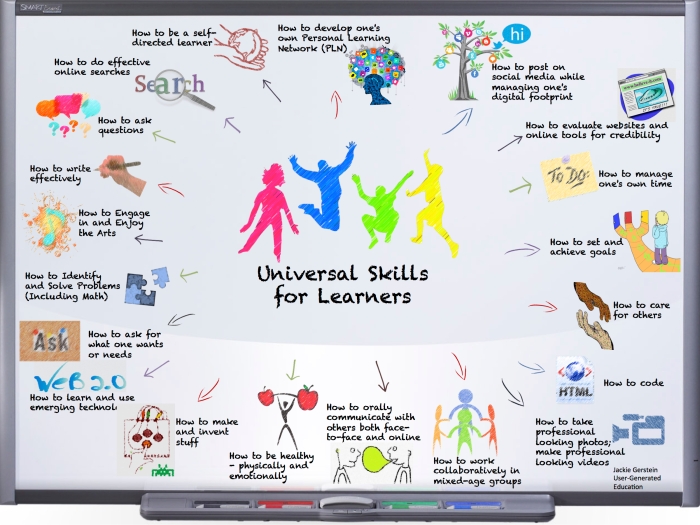With more and more young people talking to social media to express their opinions in a public platform, it's about time that educators realise its value
in making learning more engaging and effective. Growing numbers of teachers are now increasingly using popular online websites to better connect with their
students. Social media is now being used in classrooms across the globe to encourage learning, instead of being considered as a distraction.
Here we are going to share 6 excellent ways for you to use social media and improve your classroom-
Understand what students are actually thinking
Communicating online is usually very different from the way we do it in person. Those learners who are reserved and shy in the classroom often communicate
and contribute openly through special media. You can effectively use Twitter, Facebook and Google Plus to encourage learners to engage with one another and
ask questions online. This result in prompt replies, opinions and discussions that will add to the learning experience.
Easy access to real-time materials
As social media enables us to share information directly with one another, you will get instant access to important news and relevant resources. Facebook
and Twitter are undoubtedly a great source for accessing viral news which you can then share with your students. You can also assign daily tasks to
individual students for monitoring news for relevant stories and topics.
Connect your classroom with others
Earlier enabling our students to connect with relevant experts and guest speakers required us to send either a handwritten letter or an email request. Then
we needed to arrange for a speaker phone in the classroom to conduct the phone conference. But all that has changed thanks to social media. Now almost all
academicians, experts in various fields, scientists, authors and celebrities have some public social media account which enables their followers to
communicate with them directly. You can also use Skype in your classroom and invite guest speakers for video conferencing.
Expand your reach
One of the greatest benefits of social media is that it allows teachers to effectively communicate with their peers in different parts of the world. If you
are using Twitter, then you may encourage your students to follow specific hashtags and connect with other students on a global level. You can also follow
different accounts of publications and teachers from various nations.
Interact with families
Social media can help you to easily connect with the parents of students. You can tag them in relevant posts and keep them updated about the class. Most
parents prefer to get continuous updates regarding what their kids are learning.
Encourage students to learn outside class
Using social media in homework and assignments can help teachers to make students more engaged and involved in lessons not only in the classroom, but even
after they leave it. You can encourage your learners to establish Pinterest boards to depict the interests of leading characters in a particular novel.
They can even gather information for mathematical conversion practice with the help of metric measurements.
How else do you think social media can help your classroom? Feel free to add to the discussion by sharing your ideas below.





